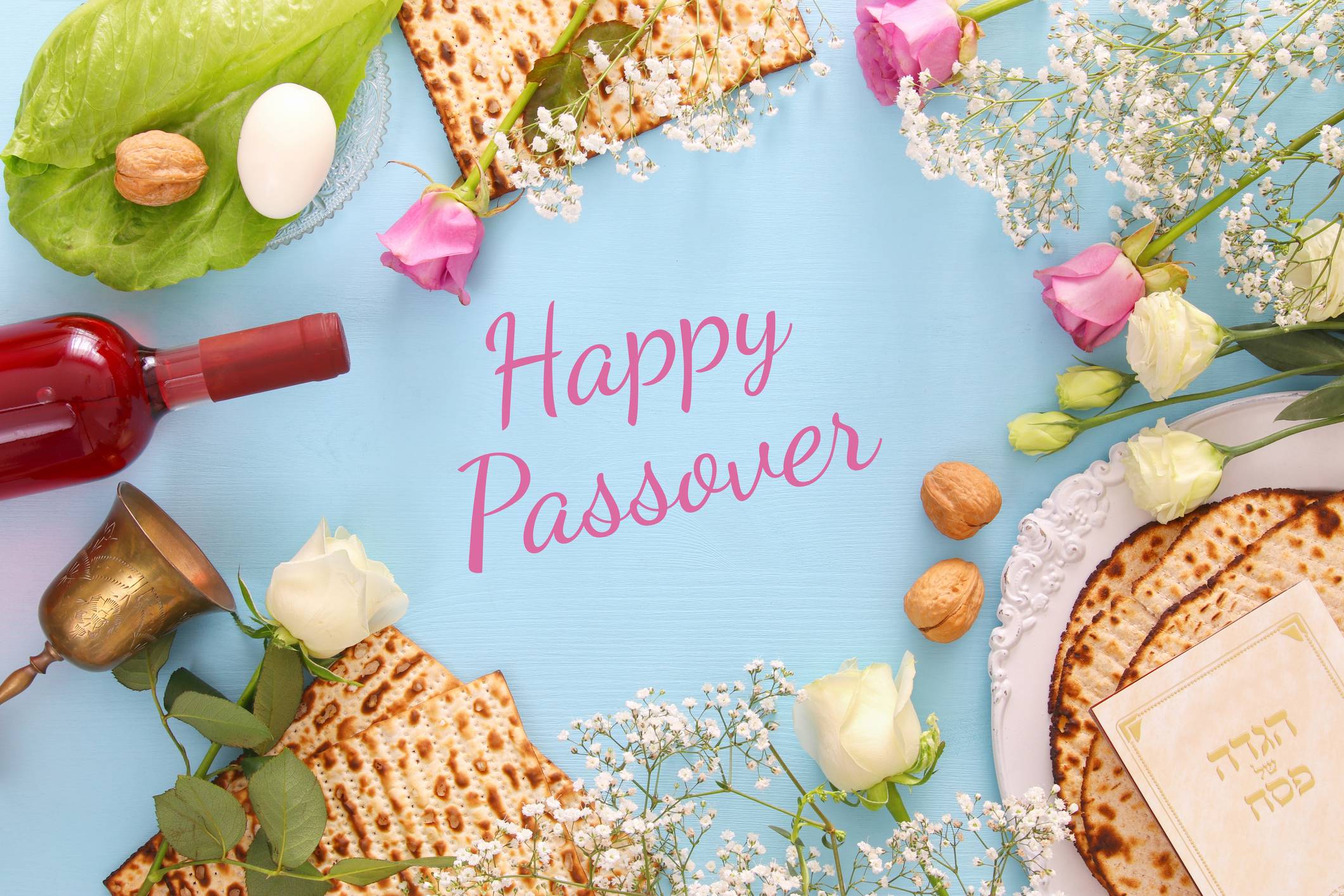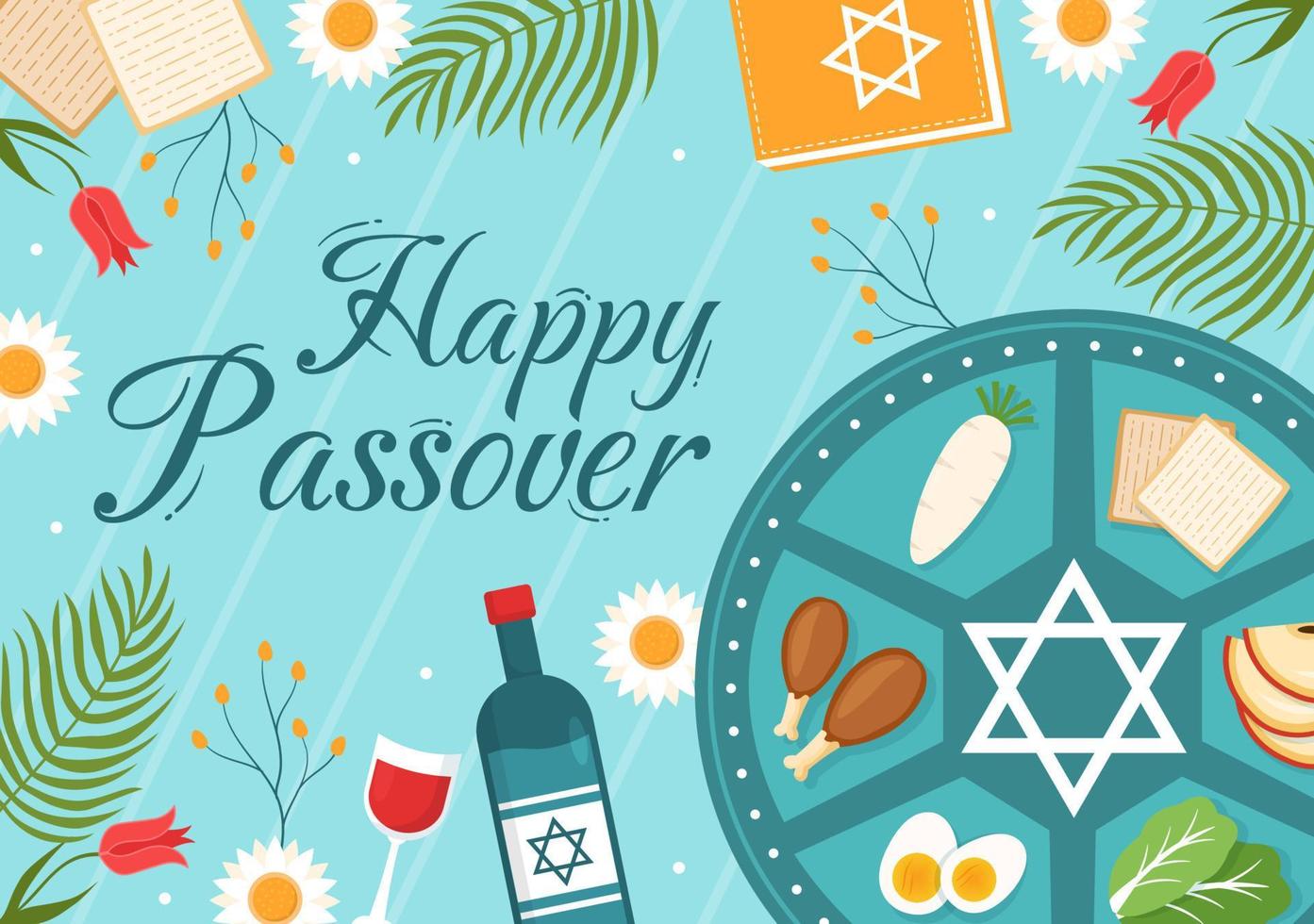Passover, a significant Jewish holiday, holds deep historical and cultural importance for millions around the world. In 2024, Passover will be observed from the evening of April 22 until the evening of April 30. This festival commemorates the liberation of the Israelites from Egyptian slavery, as narrated in the Book of Exodus. Understanding the dates and traditions associated with Passover can enrich your appreciation of this holiday and its significance within the Jewish community.
The observance of Passover includes various rituals and customs that have been passed down through generations. From the Seder meal to the removal of leavened bread, each aspect of the celebration is steeped in meaning. Knowing when Passover falls in 2024 is essential for planning gatherings, meals, and other festivities that accompany this important occasion.
This article will delve into the details surrounding Passover 2024, including key dates, customs, and insights into its historical significance. By the end, you will have a thorough understanding of when Passover occurs and how it is celebrated, making it easier for you to engage with the holiday in a meaningful way.
- Exploring The Life And Career Of Usher Raymond A Musical Icon
- Where Can I Watch Mean Girls Your Ultimate Guide To Streaming Options
Table of Contents
- Passover Dates in 2024
- Historical Significance of Passover
- Traditions and Rituals
- The Seder Meal
- Preparing for Passover
- Cultural Importance of Passover
- Celebrating Passover
- Conclusion
Passover Dates in 2024
In 2024, Passover begins at sundown on April 22 and concludes at nightfall on April 30. This eight-day festival is observed by Jewish communities around the world. The first two nights are particularly significant, as families gather for the Seder, a ceremonial dinner that includes retelling the story of the Exodus.
Historical Significance of Passover
Passover, or Pesach in Hebrew, commemorates the liberation of the Israelites from slavery in Egypt. The story of the Exodus is a foundational narrative in Jewish history, symbolizing freedom, faith, and divine intervention. According to the Torah, God commanded the Israelites to mark their doors with lamb's blood so that the angel of death would pass over their homes during the final plague on Egypt. This act of faith led to their eventual liberation and journey to the Promised Land.
Key Events in the Story of Exodus
- The Israelites' enslavement in Egypt
- The ten plagues, culminating in the death of the firstborn
- The Exodus and crossing of the Red Sea
- The giving of the Torah at Mount Sinai
Understanding the historical context of Passover enhances the observance of its traditions, allowing participants to reflect on the themes of freedom and redemption that resonate to this day.
- Judge Judy A Deep Dive Into The Life And Legacy Of Americas Favorite Judge
- Ultimate Guide To Beach Shade Canopies Your Essential Companion For Sun Protection
Traditions and Rituals
Passover is rich with customs and traditions that vary across different Jewish communities. Some of the most notable rituals include:
- Cleaning the home to remove all leavened products (chametz)
- Observing the Seder meal, which includes symbolic foods
- Reading from the Haggadah, a text that narrates the story of the Exodus
- Singing traditional songs and prayers
Symbolic Foods of Passover
During the Seder, various symbolic foods are consumed, each representing aspects of the Exodus story:
- Matzah: Unleavened bread, symbolizing the haste of the Israelites' departure from Egypt.
- Maror: Bitter herbs, representing the bitterness of slavery.
- Charoset: A sweet mixture of fruits and nuts, symbolizing the mortar used by the Israelites in their forced labor.
- Karpas: A vegetable, typically parsley, representing spring and renewal.
The Seder Meal
The Seder is the highlight of Passover, taking place on the first two nights of the holiday. It is a ritual feast that includes various elements designed to prompt discussion and reflection on the themes of freedom and redemption. The Seder plate holds the symbolic foods mentioned earlier, arranged in a specific order.
Structure of the Seder
The Seder follows a structured format, which includes:
- Kadesh: Reciting the Kiddush and blessing the first cup of wine.
- Urchatz: Washing hands without a blessing.
- Karpas: Dipping the vegetable in salt water.
- Yachatz: Breaking the middle matzah.
- Maggid: Telling the story of the Exodus.
The Seder is not just a meal; it is an educational experience that fosters dialogue about faith, history, and identity, making it a cherished tradition within Jewish families.
Preparing for Passover
Preparation for Passover begins weeks in advance. Families engage in thorough cleaning to remove chametz from their homes, which includes bread and other leavened products. This practice serves as a physical and spiritual cleansing in anticipation of the holiday.
Tips for Preparation
- Make a list of all chametz items in your home.
- Plan your Seder menu in advance.
- Gather necessary items, such as matzah, wine, and the Seder plate.
Being well-prepared helps ensure that the observance of Passover is meaningful and enjoyable for all participants.
Cultural Importance of Passover
Passover transcends religious observance; it is a cultural celebration that fosters community and family bonding. Jewish families around the world come together to celebrate their heritage, share stories, and reinforce their identities. The holiday also serves as a reminder of the importance of freedom and the ongoing struggles faced by oppressed people everywhere.
Celebrating Passover
Celebrating Passover can take many forms, from intimate family gatherings to larger community events. Many Jewish organizations host public Seders, allowing individuals to connect with others in their community and engage in the traditions of the holiday.
Ways to Celebrate
- Host a Seder with family and friends.
- Participate in community events or services.
- Volunteer for organizations that support social justice causes.
Regardless of how one chooses to celebrate, the essence of Passover remains the same: a commitment to remembering the past while striving for a better future.
Conclusion
In summary, Passover in 2024 will be observed from April 22 to April 30. This important holiday offers a rich tapestry of history, tradition, and cultural significance. By understanding the various customs associated with Passover, you can engage more meaningfully with the holiday and appreciate its importance within the Jewish community. Whether you are celebrating with family or participating in community events, Passover serves as a powerful reminder of the enduring themes of freedom and redemption.
We invite you to share your thoughts or experiences related to Passover in the comments below. Don't forget to share this article with friends and family, and explore more about Jewish traditions and holidays on our site!
Thank you for reading, and we hope to see you again soon!
- Discovering Jim Carreys Daughter A Deep Dive Into Her Life And Career
- Big Bend National Park Missing Hiker A Deep Dive Into The Mystery


